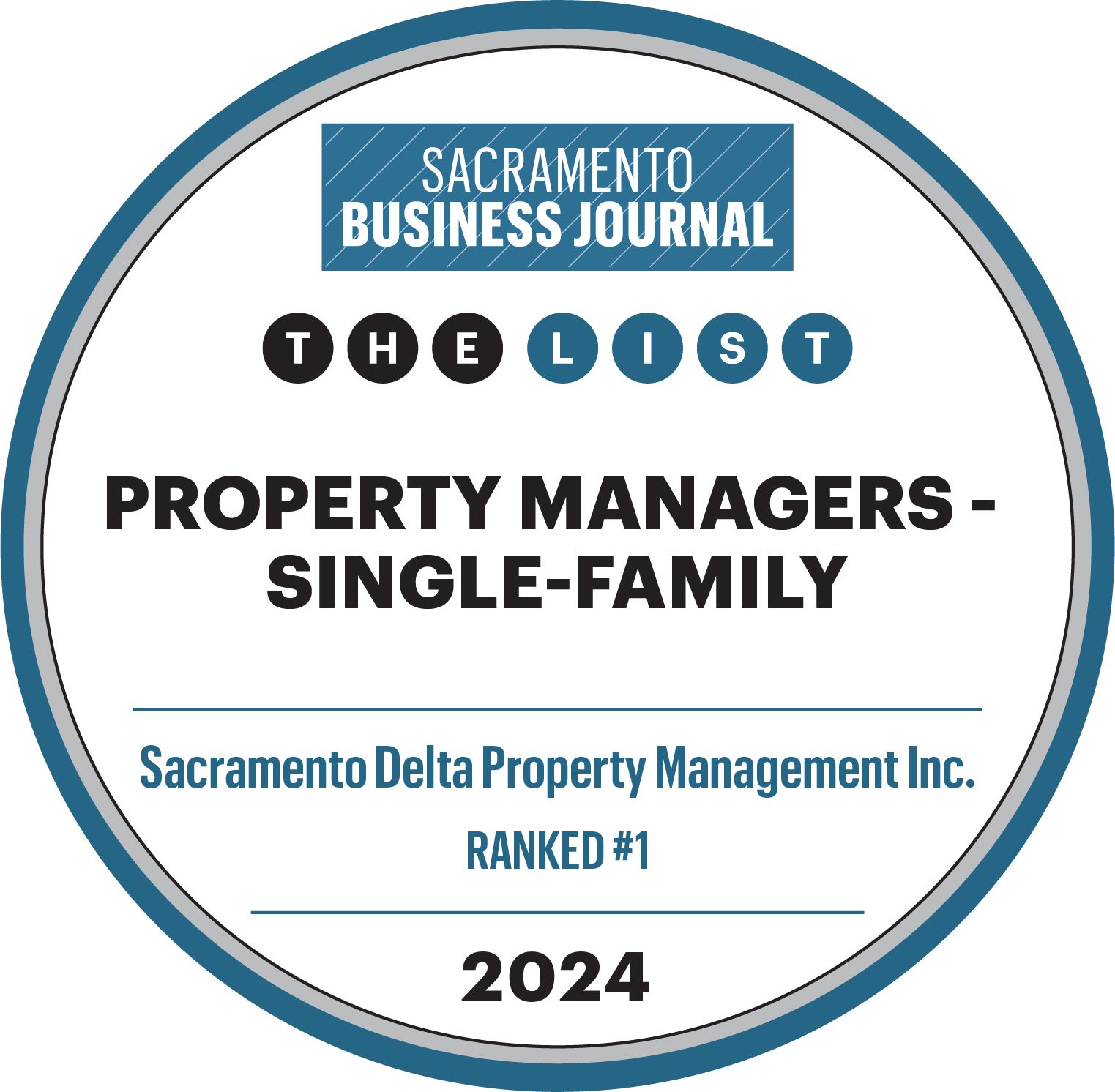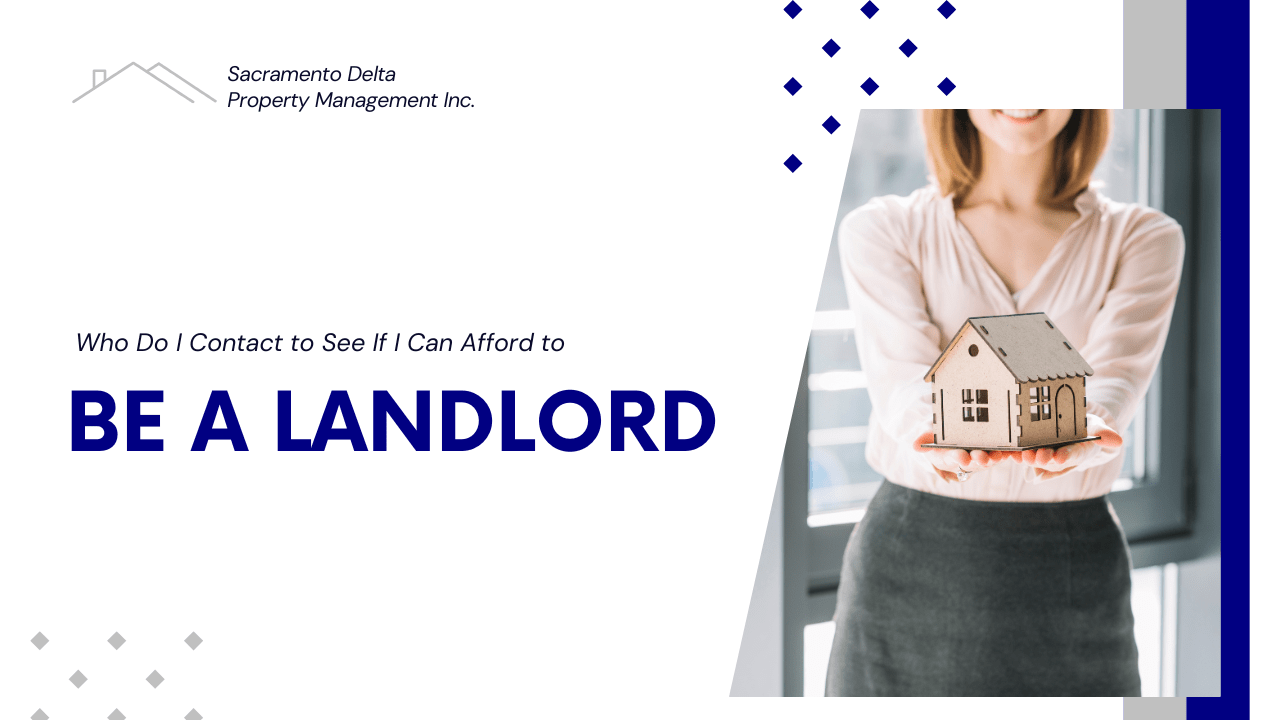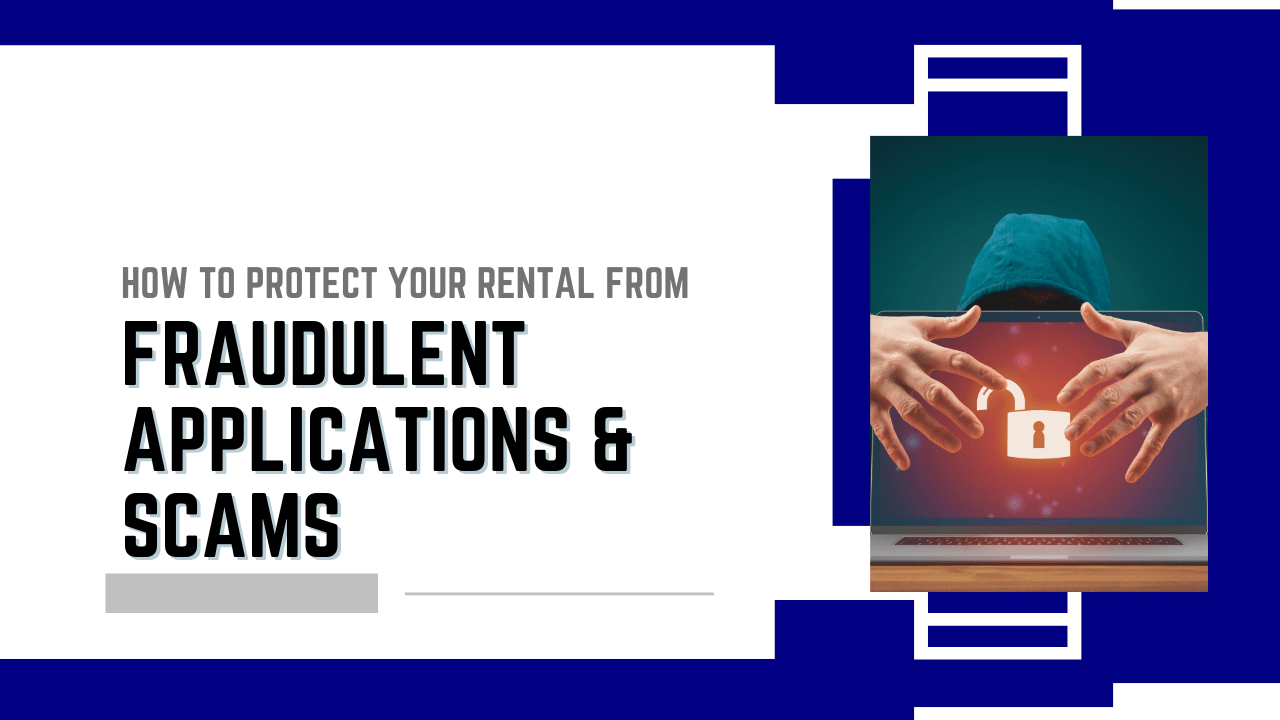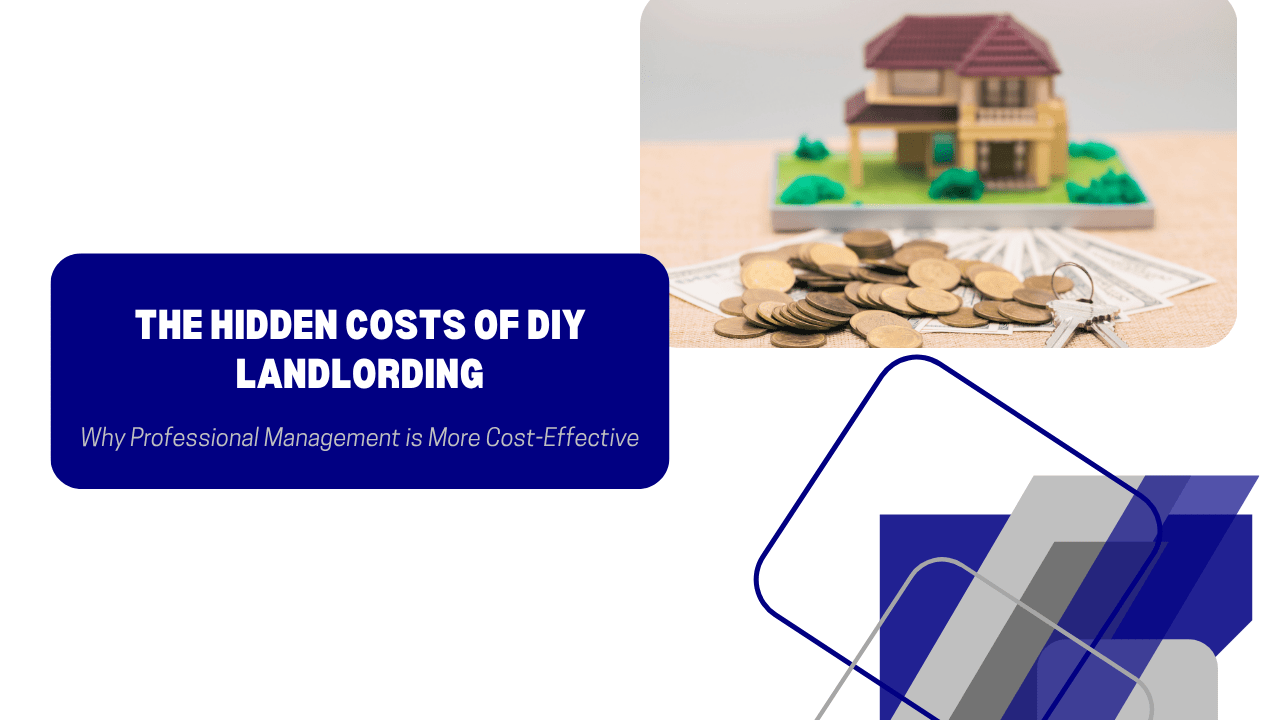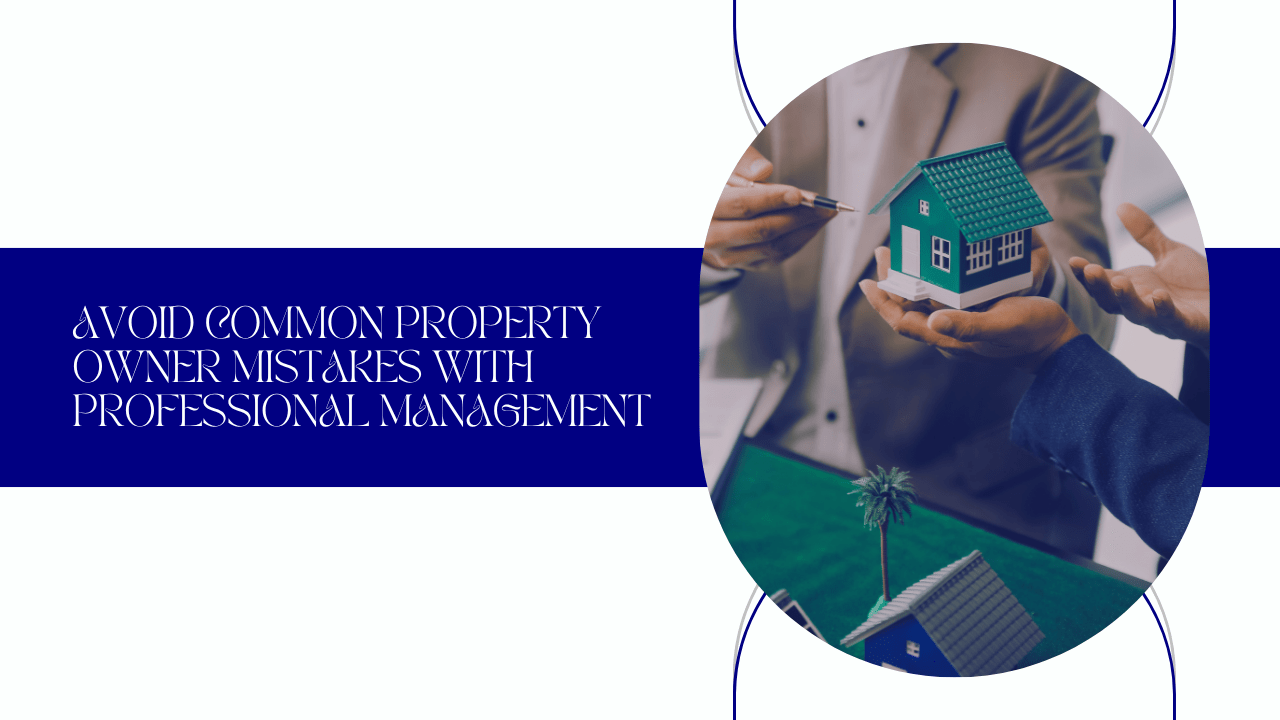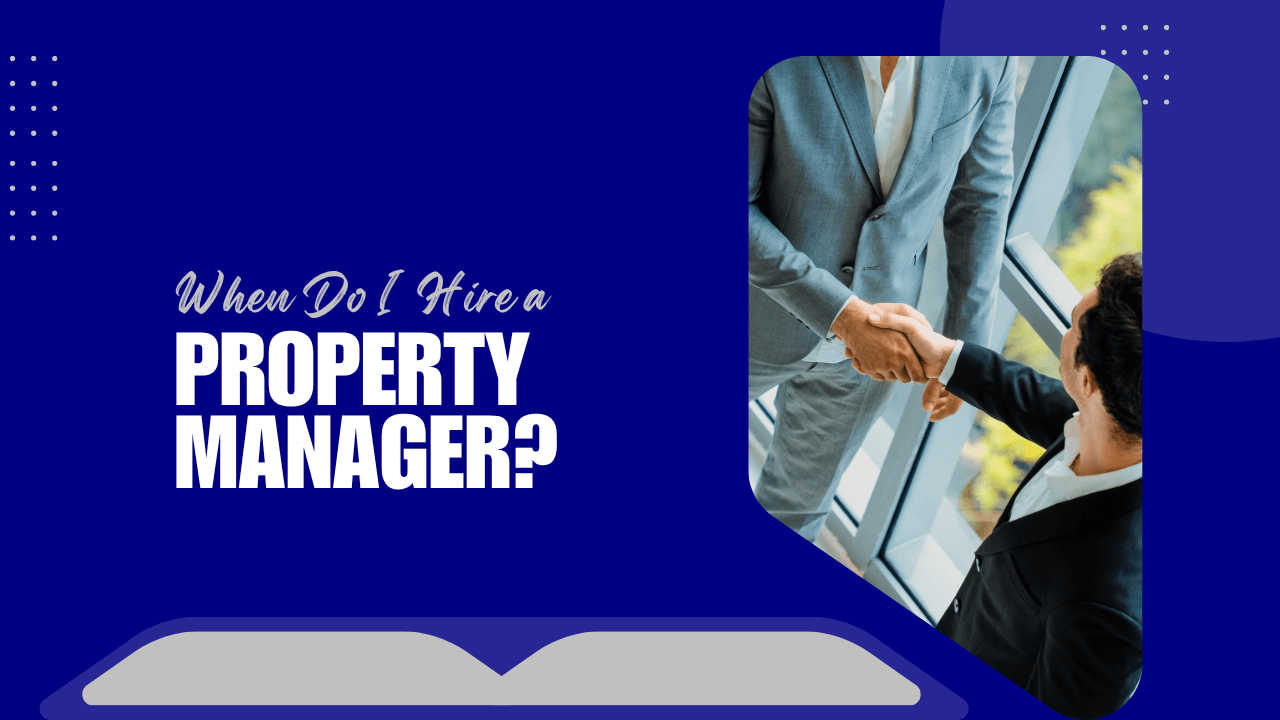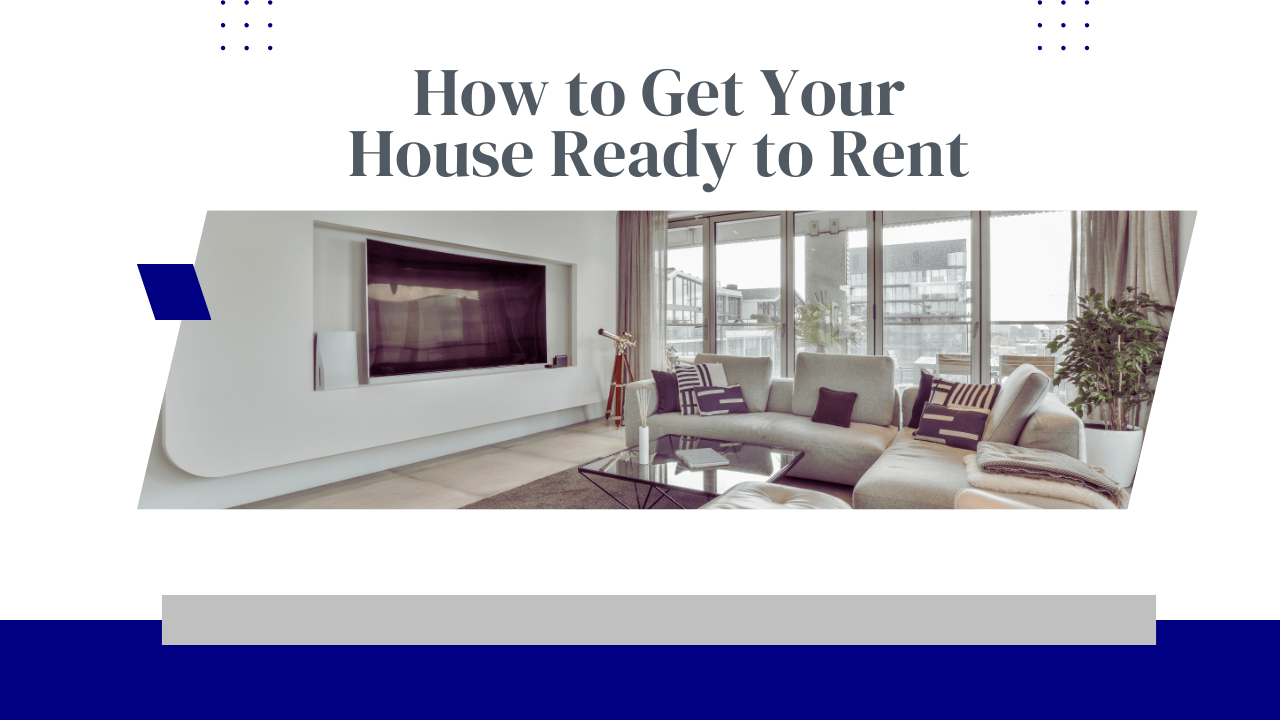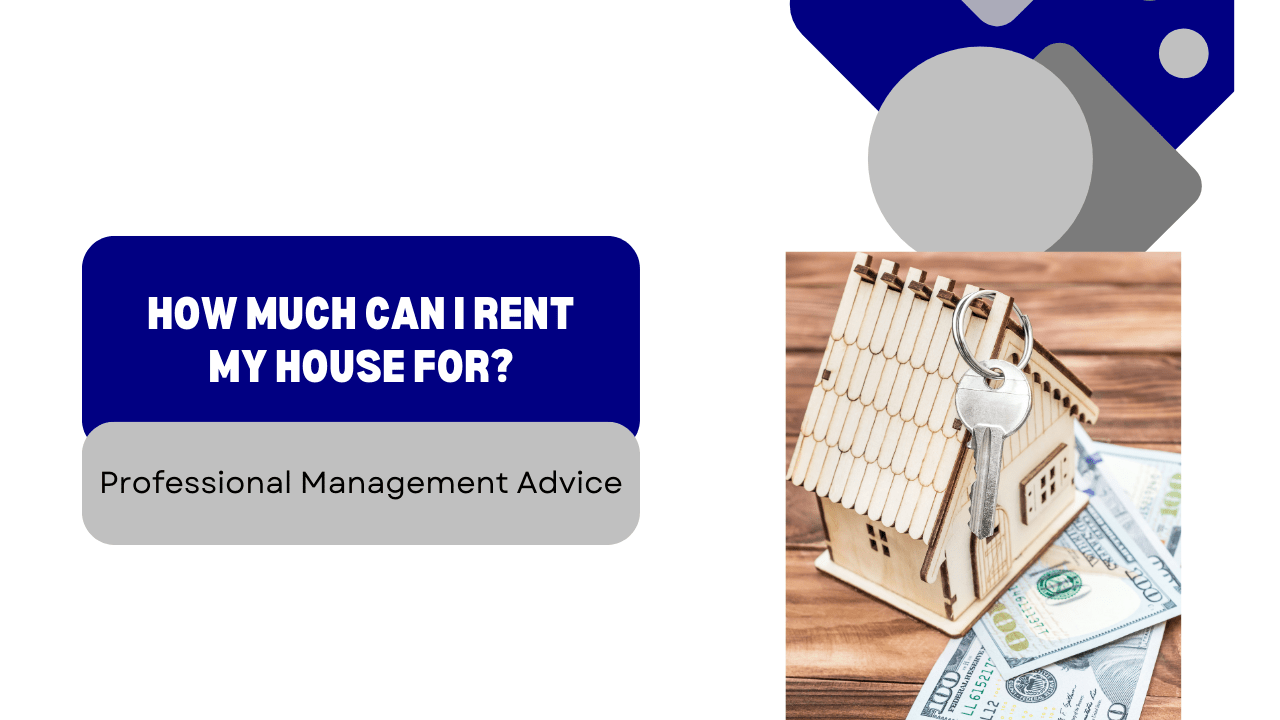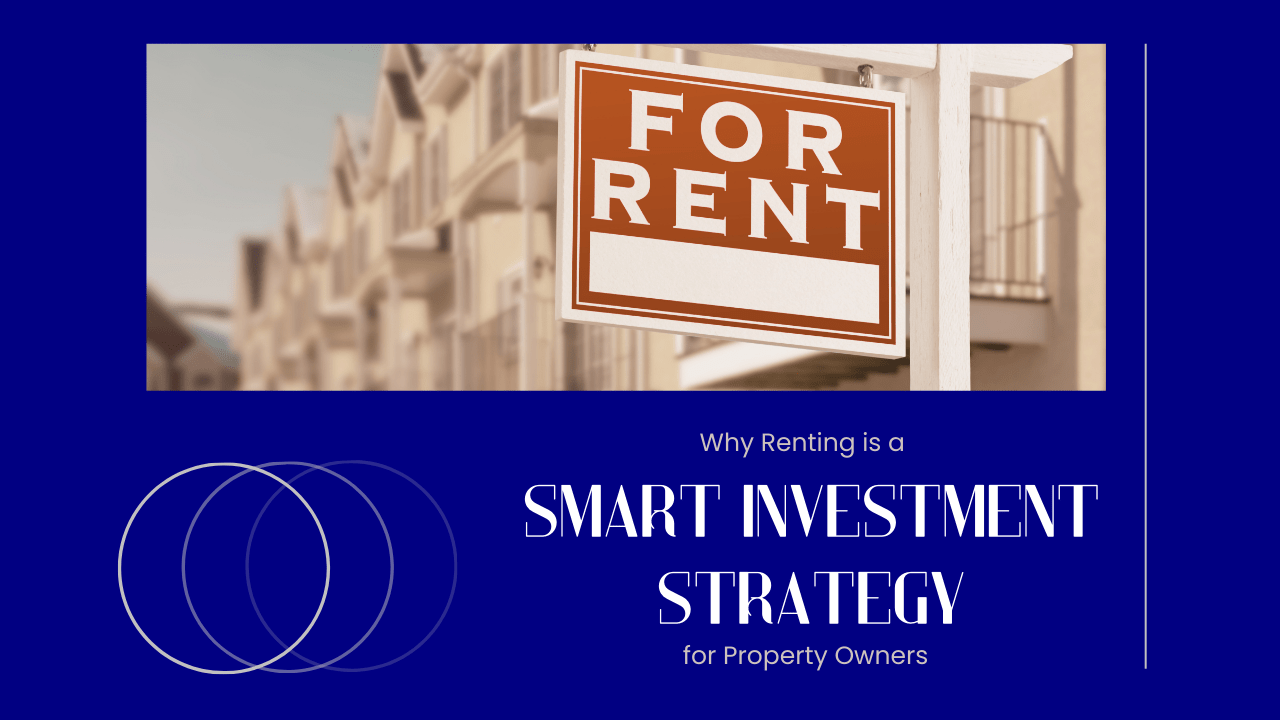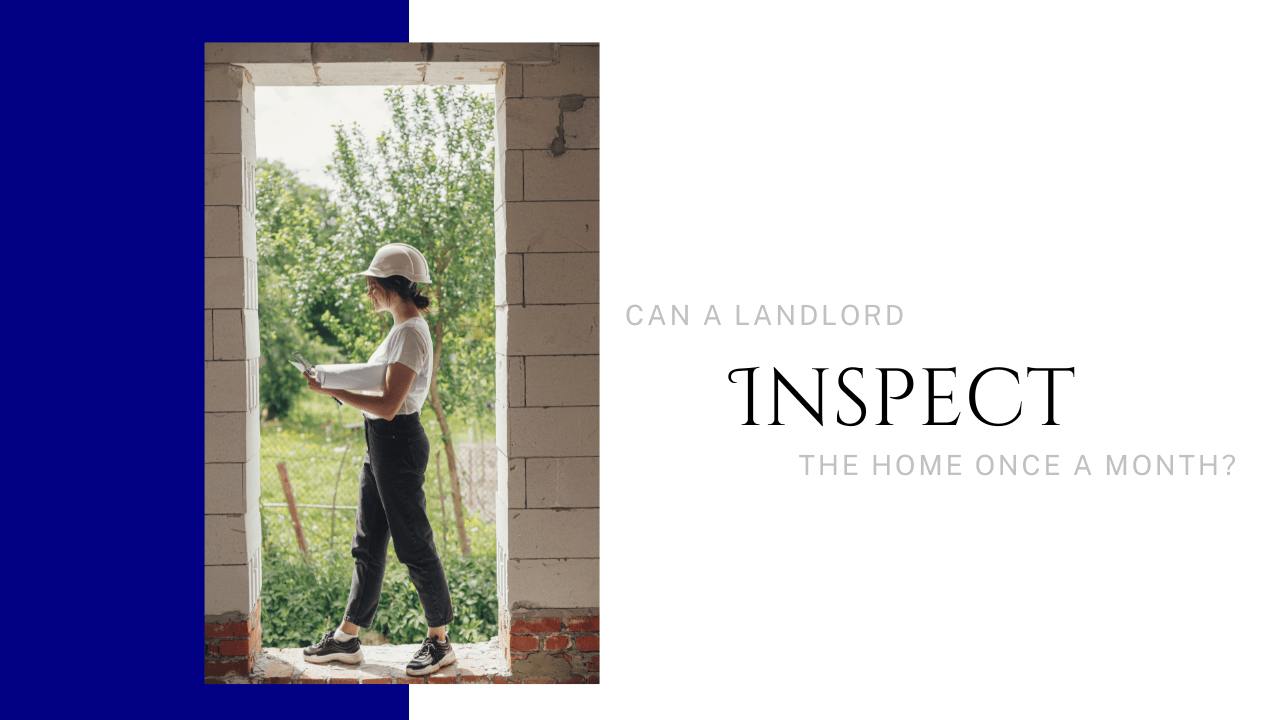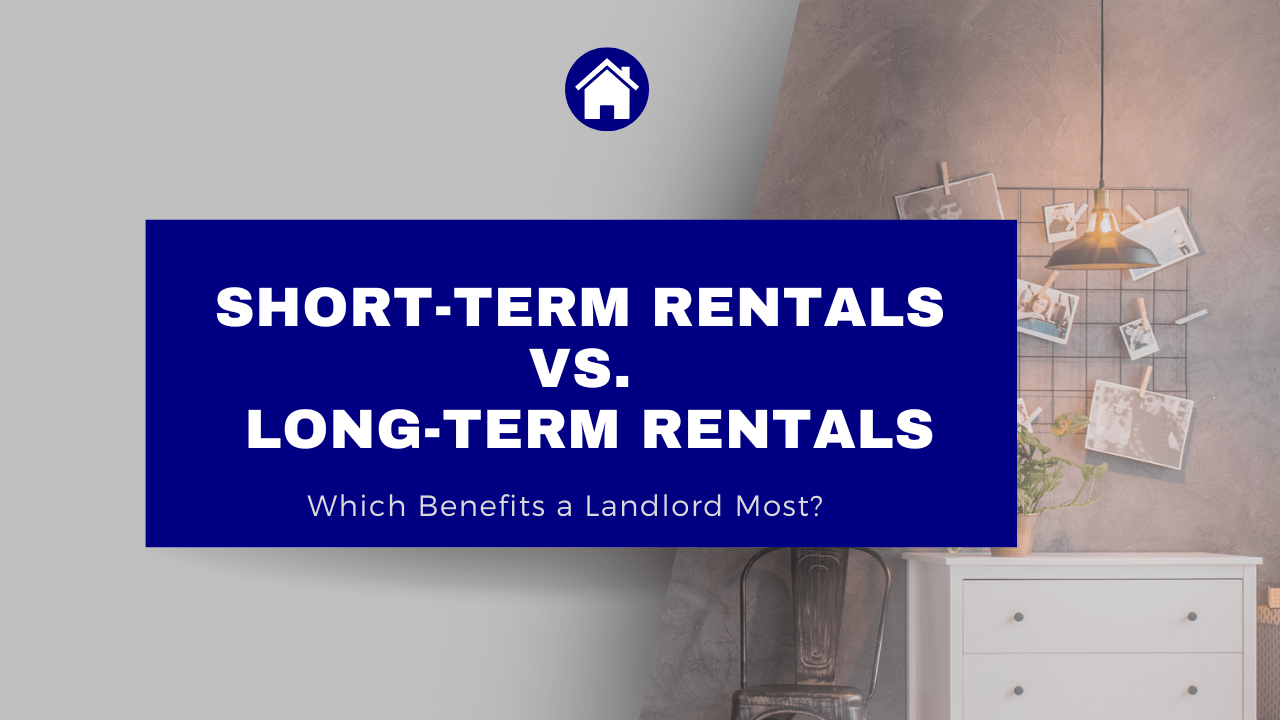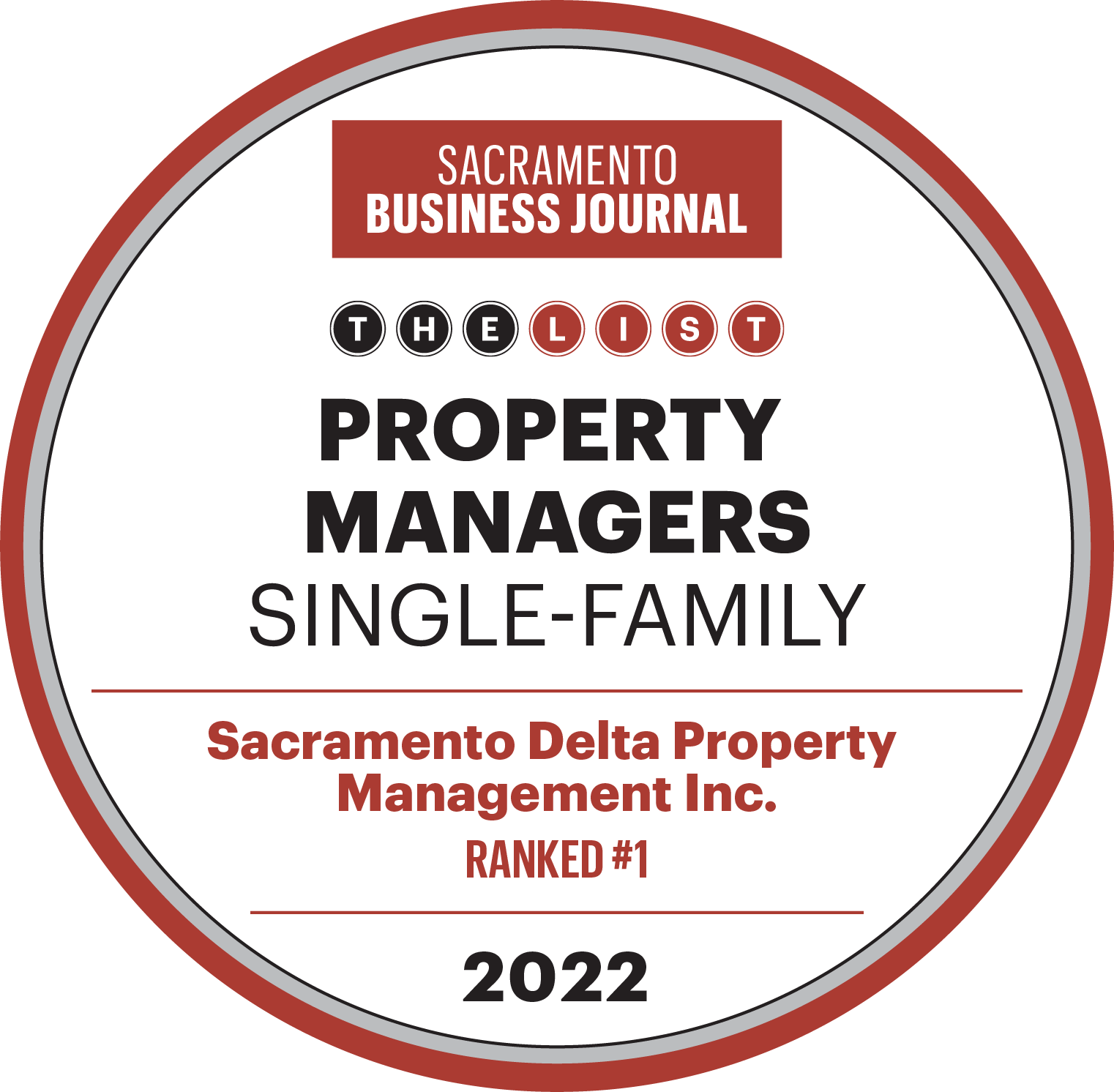You have a home that you won’t be living in any longer, and you’re wondering if you should rent it out. Or, you’re thinking about investing. Maybe you’ve always wanted to be a landlord and you’re looking for a way in.
Can you afford it?
This is a good question. If you’re wondering whether you can afford to be a landlord, contact a
Sacramento property manager. We can tell you exactly what sort of expenses you should expect when it comes to leasing, managing, and maintaining a rental home.
When potential landlords contact us at Sacramento Delta Property Management, these are the things we tell them about as we’re exploring whether they’re financially ready to be a landlord.
Consider Whether You Have a Property Now - Or Need to Buy One
It’s more affordable to be a landlord when you already have a property. When you have to buy a home to rent out, you’ll need to budget for a down payment and a mortgage. If you’re thinking about renting out the property you’re currently living in, you’ll have to decide whether you can keep up with mortgage payments while renting it out. What if the rent you collect is less than the amount you pay in your mortgage?
There are different scenarios that can help different landlords, which is why contacting a
property manager for customized advice is important. For example, if you want to buy a duplex and live in one of the units while renting the other out, you can likely afford to be a landlord because you’ll qualify for an FHA loan that requires a lower down payment.
Determining Cash Flow Expectations
Cash flow is one of the critical metrics for first-time landlords. To calculate cash flow, subtract your property expenses (mortgage, taxes, insurance, maintenance, fees, etc.) from your expected rental income. A positive cash flow means your rental income will cover expenses and provide additional profit. A negative cash flow indicates you may need external funds to manage the property.
Will a negative cash flow be financially problematic for you? If your answer is yes and your property expenses are high, you might not be able to afford being a landlord.
Preparing for Unexpected Costs
Smart landlords have an emergency fund for unexpected repairs and vacancies. You’ll have to respond to any maintenance requests from your tenants, and be financially able to make the repairs and upgrades that keep your property habitable. What if the tenant leaves behind damage that exceeds their security deposit? It’s important to make sure you can afford to save a bit of money every month in a reserve to cover costs like this. If you need a new roof and you cannot pay for it, your success as a landlord will be in serious jeopardy.
Can You Afford the Time?

